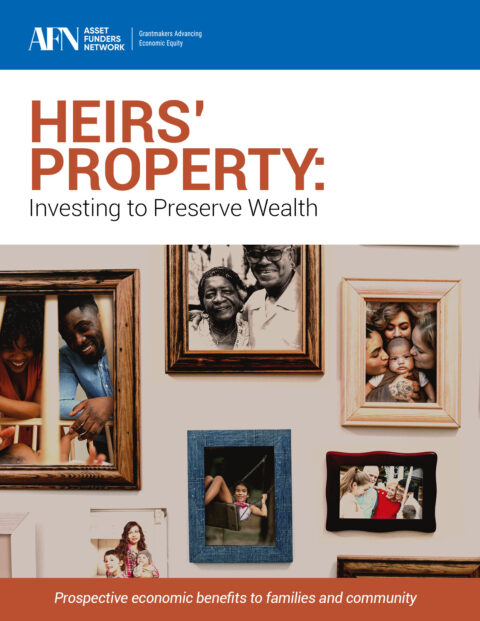On January 24, 2023, Rev. Shantell Hinton Hill, senior equity officer with the Winthrop Rockefeller Foundation, kicked off the ALICE Champions Policy conversation at the ASU systems building in Little Rock, Arkansas. ALICE stands for Asset Limited, Income Constrained, Employed and represents the growing number of families who are unable to afford basic household needs.
The event centered on asking policy, business, philanthropic, and nonprofit leaders to use their voice and influence with ALICE to impact systems and policy changes around three budget busters —medical debt, housing, and child care.
Rev. Hinton Hill highlighted several facts including:
- DEBT: 37% of Arkansans currently have debt in collections—nearly 10% higher than the national average. The data reveals wide racial disparities, with 35% of people in White communities impacted and 56% in communities of color affected. (The Urban Institute)
- HOUSING: Less than half (44%) of Arkansans living below the ALICE Threshold are homeowners, compared to around 60% of those earning just above the ALICE Threshold. And, 47% of households of color own their own home compared to 71% of White households in Arkansas.
- CHILD CARE: Over 382,000 in Arkansas — 55% of all children — live in a household with income below the ALICE Threshold, which represents the minimum income level necessary for survival for a household, one of the highest rates in the nation. For families with two children in child care, it is the most expensive item in the family budget. As a result, ALICE families face challenges finding affordable, quality care.
The group heard from Laura Landreaux, CEO of Entergy Arkansas, who shared why she and Entergy are champions for ALICE.
Roby Brock with Talk Business & Politics moderated a dynamic panel of experts including:
Angela Duran, Executive Director, Excel by Eight
Craig Wilson, JD, Director of Health Policy, AR Center for Health Improvement
Audra Butler, Area Director of Rural Housing, Communities Unlimited
Read their bios
The panel shared how ALICE individuals and families are adversely impacted by the common burdens of crushing medical debt, lack of affordable housing, and the high cost of child care. Panelists shared how they are taking action with ALICE to remove these barriers and support wealth-building opportunities.
J.R. Davis of the Gilmore | Davis Strategy Group encouraged attendees to leverage the opportunity to educate new legislative freshmen, ask them to become champions for ALICE families in their district, and identify ways to create new bi-partisan legislation that lifts ALICE, thereby lifting all of Arkansas.
The event concluded with Anna Beth Gorman, executive director of the Women’s Foundation Arkansas, describing how the Foundation sees ALICE daily as an integral part of our economy and success. She challenged leaders to use their position, voice, and influence to make changes that positively impact ALICE, particularly during the 2023 legislative session. Actions include:
HOUSING – Call for a state level housing commission/committee charged with creating a comprehensive vision and strategy for affordable housing across the state.
CHILD CARE – Advocate for tax credits that encourage businesses to help their employees access affordable, quality child care.
DEBT – Support Arkansas-focused research that leads to innovative solutions that prevent medical debt and help decrease/eliminate existing debt.
For more information on ALICE or to learn more about how to become an ALICE Champion, visit www.ALICEINAR.org
Read the 2019 FINANCIAL HARDSHIP STUDY.
Arkansas Democrat Gazette Article:
January 25, 2022
https://ao.pressreader.com/article/281968906816062

